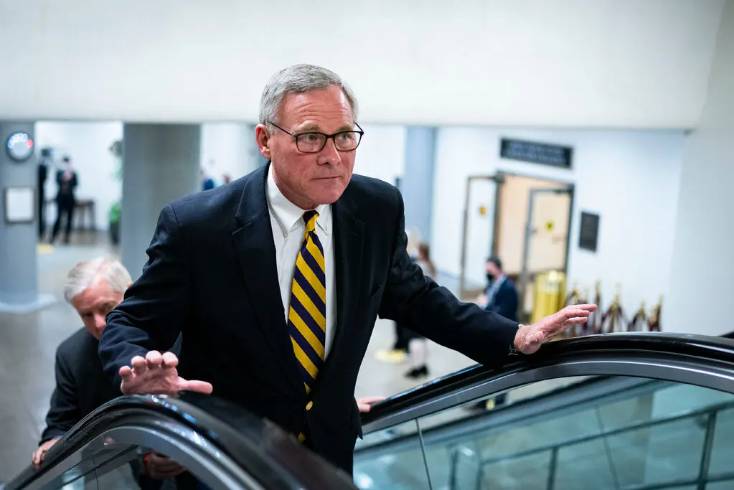The pharmaceutical industry finances about 75 percent of the agency’s drug division, through a controversial program that Congress must reauthorize by the end of this month.
Every five years, top officials of the Food and Drug Administration go behind closed doors to negotiate the terms of its core budget — about $3 billion this year.
But the F.D.A. is not at the table with members of Congress or with White House officials. Instead, it’s in dozens of meetings with representatives of the giant pharmaceutical companies whose products the agency regulates. The negotiations are a piece of the “user fee” program in which drug, device and biotech companies make payments to the agency partly to seek product approvals. The fees have soared since the program’s inception three decades ago and now make up nearly half of the F.D.A.’s budget and finance 6,500 jobs at the agency.
The pharmaceutical industry funding alone has become so dominant that last year it accounted for three-quarters — or $1.1 billion — of the agency’s drug division budget.
Details of the program are being debated in Congress as a Sept. 30 deadline for reauthorization nears. The powerful pharmaceutical lobby says its role in funding the agency has helped speed approvals of lifesaving drugs to the market by providing it with the resources to do the work. But advocates for patients and doctors say the agreements have enabled the industry to weaken the approval process meant to ensure that drugs are safe and effective.

